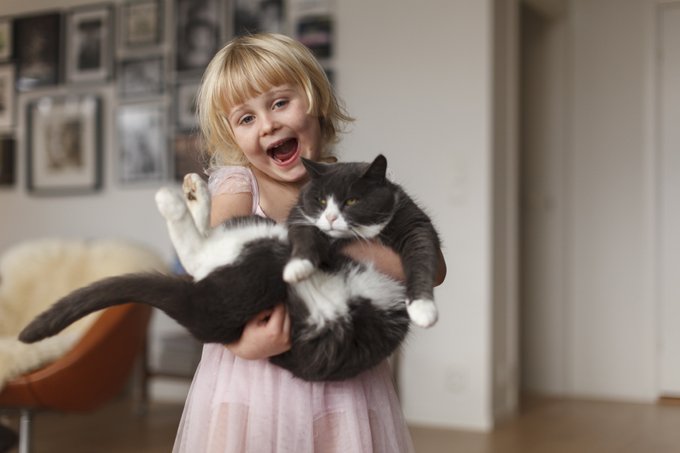Question:
When a stray cat is picked up and sent to a shelter or rescue, how is its age determined? Is it a “best guess,” or is there some type of blood/genetic test that is performed?
Answer:
Aging animals is a “best guess” — looking at the teeth (baby teeth, adult teeth, missing teeth, “wear” of teeth, and amount of dental disease present) is the first thing we do to determine their age.
We also look at the rest of the body — feet, face, eyes, and skin (pigmentation) — to help build a picture of age.
Your cat’s fur can help you determine the age of your cat. The coat of an older cat may be thinner than that of a younger cat. Remember cats also get thicker coats in winter. If your cat is losing fur, it could be a condition as well and you might want to see a veterinarian.
A younger cat will have a smooth, full coat of fur while older cats seem to have coarser hair. Plus, older cats get gray fur.
Also, as a cat gets older their activity level will change. Younger cats are usually leaner and more muscular. Older cats tend to be more round and filled out. As they get older a cat may have pronounced shoulder bones and looser skin as well.
Older cats, like people, tend to have decreased vision and hearing as well. An older cat may have arthritis or difficult getting around and may be grumpier.









